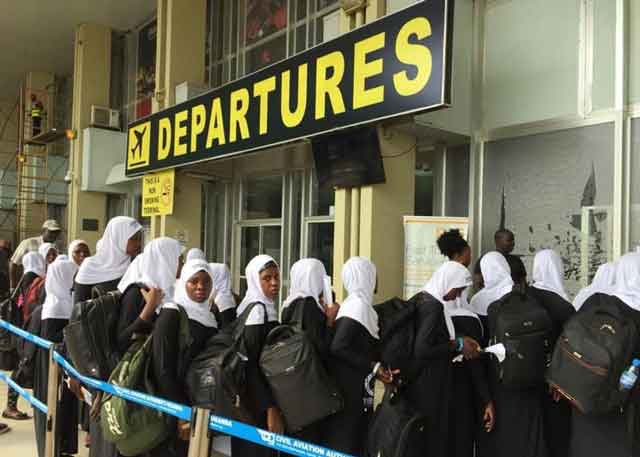The Kingdom of Saudi Arabia (KSA) has implemented significant wage cuts for domestic workers from Uganda and several other countries, including Kenya, Ethiopia, Philippines, Sri Lanka, and Bangladesh.
The move, announced by the Ministry of Human Resources and Social Development, has resulted in a 12.6% reduction in the maximum wages payable to Ugandan workers, decreasing from SR9,500 to SR8,300. This reduction of Shs1.2 million in monthly payments for Ugandan employees raises concerns about the impact on employment progress and remittances.
The wage cuts extend beyond Uganda, affecting various countries, with African nations experiencing double-digit percentage reductions. Kenya, in particular, faces a 17.2% cut, with an annual wage ceiling dropping from SR10,870 to SR9,000. Ethiopia endures a 14.5% reduction, showcasing the widespread implications of Saudi Arabia’s decision on the African continent.
The Ministry of Human Resources and Social Development justified the wage cuts as part of an effort to review recruitment costs and ensure fair prices. However, the implications of this move on diaspora cash inflows, particularly for Uganda, cannot be ignored. Saudi Arabia has been a significant source of remittances for Ugandan workers, and this reduction may have ripple effects on the local economy.
President Yoweri Museveni’s administration in Uganda has actively sought international employment opportunities to address rising unemployment domestically.
The reduction in remittances from Saudi Arabia could negatively impact the local economy, posing challenges to the government’s initiatives to curb unemployment. The administration’s endeavor to diversify the types of jobs available to Ugandan workers in Saudi Arabia may also face obstacles, given the economic setback resulting from reduced remittances.
Moreover, the wage cuts raise concerns about the well-being of Ugandan domestic workers in Saudi Arabia. Reports of inhumane treatment, including sexual harassment, torture, and other forms of abuse, have already brought attention to the conditions faced by these workers. The wage reductions may exacerbate the challenges, prompting calls for enhanced protections and negotiations between the Ugandan and Saudi Arabian governments.
In conclusion, Saudi Arabia’s wage cuts for Ugandan workers signal a potential setback to Uganda’s efforts to secure international employment opportunities and curb unemployment. The government must navigate diplomatic and economic considerations to address the broader implications on diaspora cash flow and the well-being of workers abroad.
















